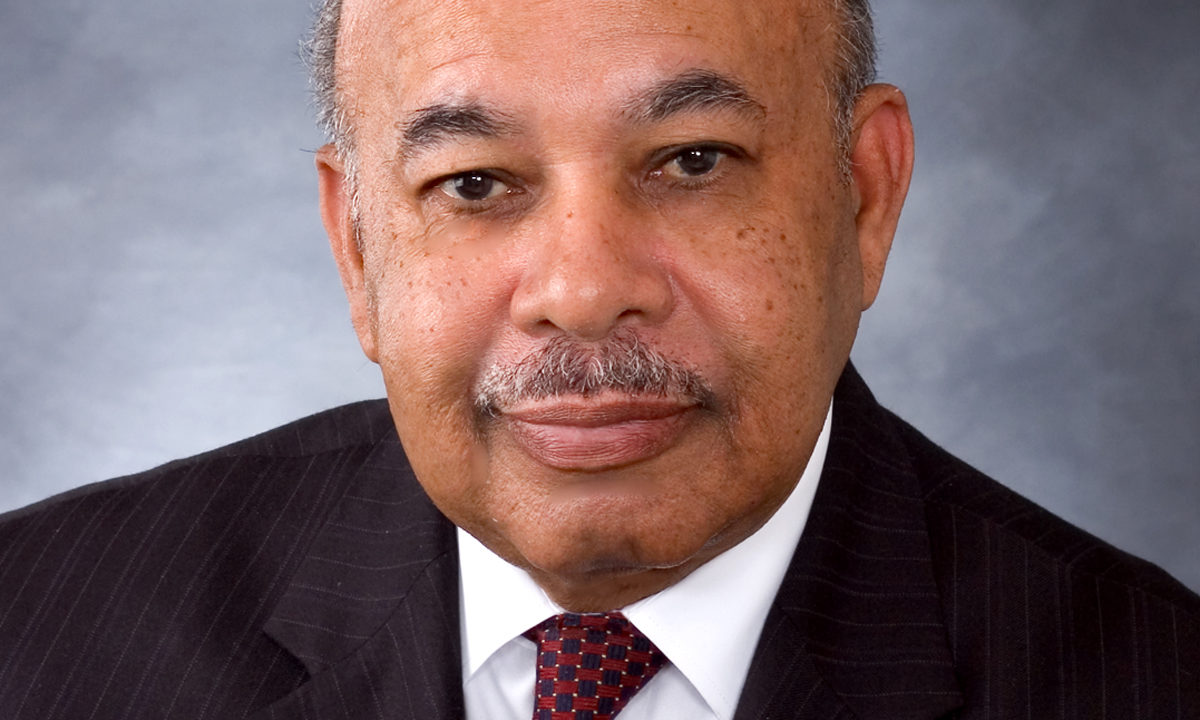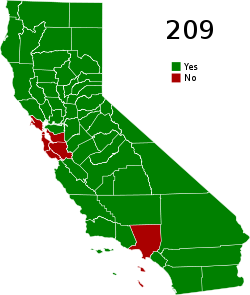Case Status: Victory
Coalition for Economic Equity v. Wilson

Proposition 209 ends preferences in California
In 1996, the Center for Individual Rights working together with Michael Carvin of Cooper & Carvin, intervened in a lawsuit to defend the results of a popular vote on Proposition 209, the California Civil Rights Initiative, which prohibited the use of racial and gender preferences in public education, contracting, and employment anywhere in the state.
By the mid-1990s, racial preferences were becoming increasingly unpopular in California. In 1995, the University of California Board of Regents, led by Ward Connerly, a vigorous critic of preferences, decided to abolish the use of racial preferences in admissions decisions. Around the same time, critics of preferences drafted what became Prop 209, and Connerly became the chairman of a commission to have it put to a popular vote.
In the months leading up to the vote, activists waged an intense and vitriolic campaign against Prop 209, including protest rallies, character attacks, and culminating in a TV spot designed to persuade voters that the Civil Rights Initiative was the work of David Duke. But despite their best efforts to prevent the enactment of Prop 209, Californians voted 54.7 % to 45.3% in favor of the initiative on November 5, 1996.
- Read the text of Proposition 209
Second-guessing the will of California’s voters
Having failed to convince Californians to vote no on Prop 209, advocates of racial preferences tried to invalidate the results of the vote. The day after the election, the ACLU filed a lawsuit on behalf of an activist organization called the Coalition for Economic Equity (“Coalition”) against California Governor Pete Wilson, claiming that Prop 209 violated the Constitution’s Equal Protection Clause and federal anti-discrimination law.

The Coalition’s argument relied on a 1982 Supreme Court case, Washington v. Seattle School District No. 1, in which the Court overturned a Washington state law that prohibited a busing program to integrate Seattle schools. The Court held that by moving the decision about busing from the local to the state level, the state altered the political process to make it harder for minority voters to exercise influence on this significant civil rights issue. The Coalition hoped that a similar logic would apply to the Civil Rights Initiative.
U.S. District Court Judge Thelton Henderson accepted the Coalition’s argument, and on December 23, he issued a preliminary injunction, claiming that the Coalition was likely to win the case on the merits. He also reached the exceptionally unusual conclusion that federal civil rights laws preempt Prop 209. That is, because the federal government has enacted anti-discrimination laws, California may not enact its own laws designed to give greater protection against discrimination.
Recovering the law
Gov. Wilson appealed the decision to the Ninth Circuit, and CIR intervened as a defendant on behalf of Californians Against Discrimination and Preferences (“CADAP”), arguing that a law that furthers the objectives of the plain meaning of the Equal Protection Clause cannot violate the Equal Protection Clause and that existence of federal anti-discrimination laws in no way preclude a state from enacting its own more expansive anti-discrimination protections.
The Ninth Circuit agreed with Gov. Wilson and CIR, finding that the Coalition’s argument amounted to a claim that Prop 209’s “ban on unequal treatment denies certain races and one gender equal protection of the law.” The court repudiated the Coalition’s argument that equal treatment of all people violates the Equal Protection Clause, declaring that “[i]f merely stating this alleged equal protection violation does not suffice to refute it, the central tenet of the Equal Protection Clause teeters on the brink of incoherence”
CIR’s victory helped to secure California’s repudiation of racial preferences. The California Civil Rights Initiative, codified as Article I, Section 31 of the California Constitution, remains in force, and in fact, it was reaffirmed in a popular referendum in 2020 by an even wider margin.
